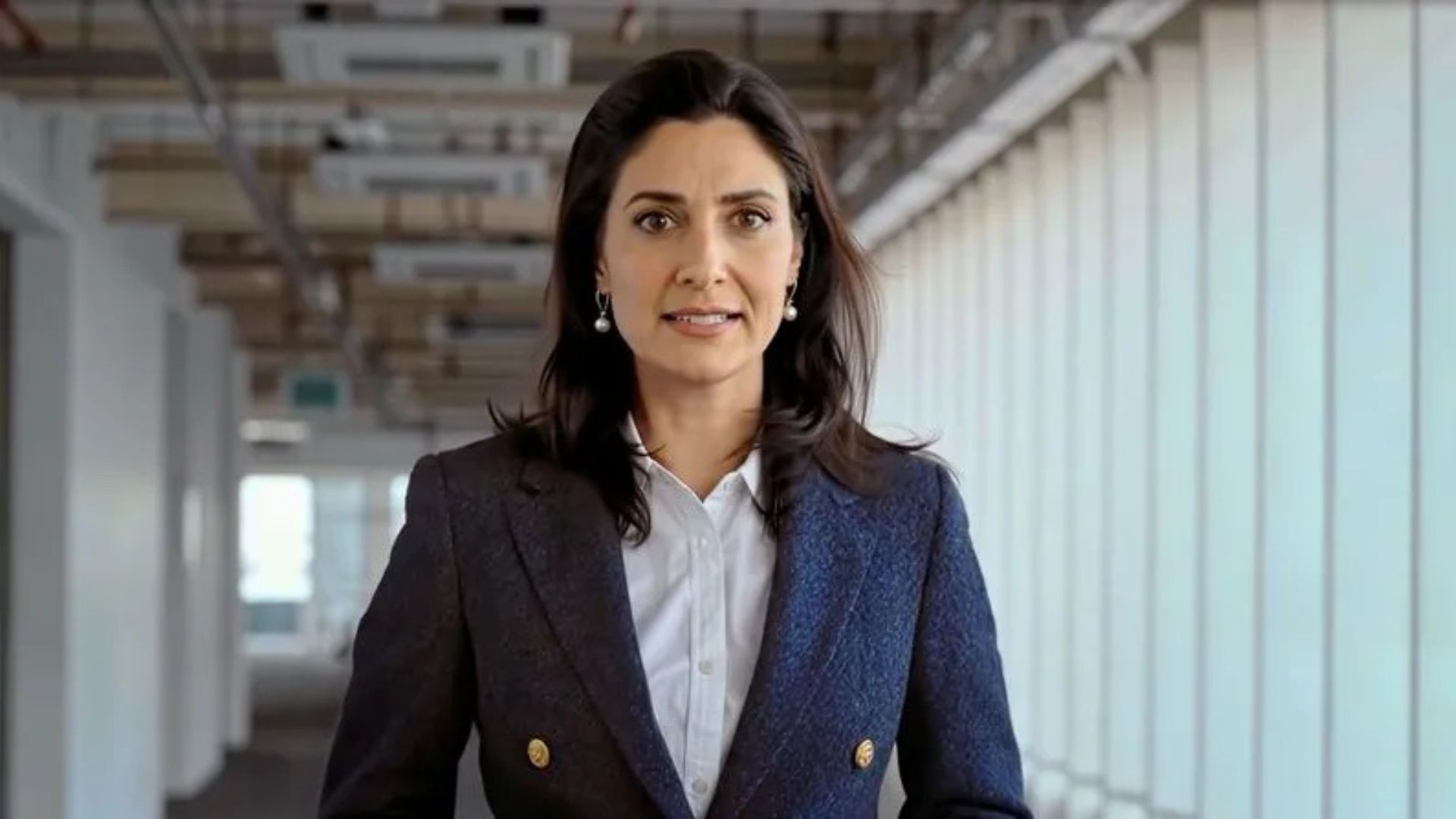Channel 4 Unveils Britain’s First AI TV Presenter, Sparking Black Mirror Comparisons

Key Points
- Channel 4 revealed its presenter in *Will AI Take My Job? Dispatches* was AI‑generated.
- The AI host announced its synthetic nature during the documentary’s closing moments.
- Louisa Compton stated the AI presenter is not a new editorial practice for the network.
- Viewers compared the stunt to a *Black Mirror* episode, citing concerns about deception.
- The incident sparked debate on AI’s impact on journalism, talent, and audience trust.
Channel 4 introduced Britain’s first AI‑generated TV presenter during the documentary *Will AI Take My Job? Dispatches*. The AI host revealed its synthetic nature in the closing moments, prompting viewers to liken the stunt to an episode of *Black Mirror*. Channel 4 emphasized that the experiment is not a new editorial practice and reaffirmed its commitment to fact‑checked, impartial journalism. The move has ignited debate about AI’s role in media, the ease of deceiving audiences, and the broader implications for talent and content creation in the entertainment industry.
The AI Presenter Reveal
In the documentary *Will AI Take My Job? Dispatches*, Channel 4 disclosed that its on‑screen presenter was generated entirely by artificial intelligence. Near the program’s conclusion, the host announced, "I’m not real. In a British TV first, I’m an AI presenter. Some of you might have guessed: I didn’t exist, I wasn’t on location reporting this story. My image and voice were generated using AI." The revelation came after the documentary’s first broadcast on October 20 in the United Kingdom.
Channel 4’s Stance
Louisa Compton, Head of News and Current Affairs, Specialist Factual and Sport at Channel 4, issued a statement clarifying the broadcaster’s intentions. She noted that the use of an AI presenter is not intended to become a routine practice at Channel 4. Instead, the network reaffirmed its focus on “premium, fact‑checked, duly impartial and trusted journalism – something AI is not capable of doing.” The statement underscores a cautious approach, positioning the experiment as a one‑off demonstration rather than a shift in editorial policy.
Public Reaction
Viewers responded quickly on social media, with many drawing parallels to the speculative tone of *Black Mirror*. One comment on X (formerly Twitter) read, "A twist! In #Dispatches! It’s like Black Mirror!" The comparison highlights audience concerns about the ease with which AI‑generated content can blur the line between reality and fabrication, potentially “hoodwinking” viewers who lack verification tools.
Implications for Media and Talent
The stunt has sparked broader discussion about AI’s disruptive potential in the entertainment sector. Observers note that while AI can streamline production, it also raises questions about the future of human talent in front of the camera. The incident is seen as a reminder of how quickly AI can be deployed to create convincing personas, prompting calls for greater transparency and ethical guidelines within the industry.
Looking Ahead
Channel 4’s documentary is now available for streaming in the UK, offering audiences the chance to reassess the experiment in a on‑demand format. The broadcaster’s decision to make the content accessible reflects an intent to foster ongoing conversation about AI’s role in media, balancing innovation with the responsibility to maintain public trust.